Thanksgiving Dinner-in-the-Park brings meals and holiday cheer to thousands of homeless community members
WHAT
Celebrities and thousands of volunteers will purchase, prepare and serve more than 5,000 meals at Union Station Homeless Services’ annual Dinners-in-the-Park, held on Thanksgiving Day. Meal recipients will include homeless adults and families, senior citizens, and those who are alone at the holidays or unable to afford a holiday meal. All who are hungry may come to eat.
WHEN
Thanksgiving Day, November 27, 2008, Noon – 2 pm
WHERE
Central Park, Pasadena
Raymond Ave. between Green St. / Del Mar Blvd; 2 blocks south of Colorado Blvd.
HOW
The community is invited to drop of fully cooked turkeys, hams, side dishes and desserts (safely prepared in disposable aluminum containers) at the corner of Fair Oaks and Del Mar, 9:30 – 11:30 am on the morning of the event.
Additional volunteer opportunities include:
10:00 am – 11:30 am Set up tables & chairs
11:30 am – 2:00 pm Serve food & beverages
1:30 pm – 4:00 pm Break down tables & chairs, wash dishes, clean up
To volunteer, contact (626) 240-4550 x 542 or volunteer@unionstationhs.org. To learn how you or your company can sponsor Dinner-in-the-Park, contact Victoria Stubrin at (626) 240-4557.
INTERVIEWS AND PHOTO OPS
The colorful, outdoor park venue offers wonderful photo opportunities, including:
- Homeless community members, volunteers, Union Station staff,celebrity guests will be available for interview;
- Ten buffet lines, staffed with volunteers of all ages, serving food to our homeless and low-income community members;
- Dining areas in the park, with special areas designated for handicapped and senior citizens.
# # #
BACKGROUND
Union Station Homeless Services is the San Gabriel Valley’s largest social service agency assisting homeless and very low-income adults and families. Our mission is help homeless men, women and children rebuild their lives and end homelessness. Union Station provides comprehensive services to help homeless individuals achieve self-sufficiency, including intake and assessment, emergency shelter, case management, career counseling, transitional housing, medical and mental health services, women’s and family services, and housing resources.
